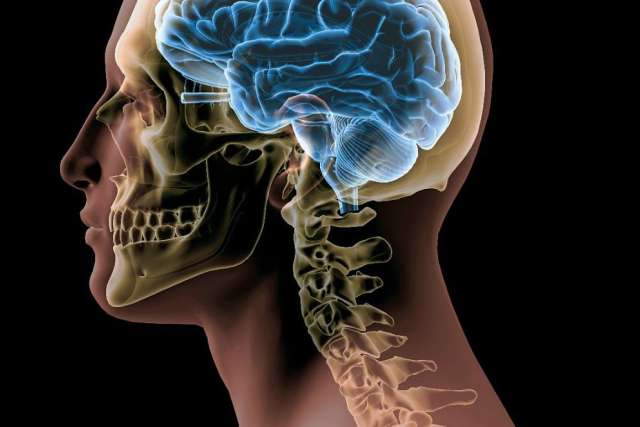Dear Doctors: My older brother is 33 years old and was recently diagnosed with multiple sclerosis. I don’t want to bother him with a lot of questions, but I would like to learn more about it. Can you please explain what it is, how it’s treated and what to expect?
Dear Reader: Multiple sclerosis is a degenerative disorder in which the immune system malfunctions and begins to attack the brain and the spinal cord.
When someone has MS, white blood cells known as leukocytes target a substance called myelin. Myelin-producing cells and the nerves themselves are also damaged. Myelin is a fatty coating that forms something known as the myelin sheath. It surrounds and insulates the nerves in the body, much like the protective insulation you see on electrical wires. The myelin sheath facilitates the swift and precise movement of the trillions of electrical impulses that travel between the brain and the body each day. Damage to the myelin sheath interferes with the ability of the brain and the body to communicate. Electrical impulses may move more slowly along the nerves, mistakenly jump to other nerve cells or even stop altogether.
The symptoms of MS vary greatly from person to person, and they often fluctuate over time. They can include muscle tremors, muscle weakness, numbness, tingling, a feeling of being squeezed around the abdomen, problems with motor control, stiffness, impaired gait, overactive reflexes, blurred vision, bowel problems, changes to bladder control, a decline in cognition, altered mood, depression and fatigue.
The most common type of MS, which affects about 85% of patients, is known as relapsing-remitting. It is marked by periods of new or worsening neurological symptoms, which are interspersed with periods of remission. During the remission portion of the relapsing-remitting cycle, symptoms abate, or can even vanish altogether. During this time, the disease does not appear to progress. For most people, this type of MS eventually gives way to something known as secondary progressive MS. In this form of the disease, periods of remission no longer occur.
Another form of the disease, which affects about 15% of patients, is known as primary progressive MS. It is characterized by steady disease progression from the onset of symptoms, with no periods of remission.

The cause of MS is not yet known. Studies have focused on the immune system, genetics and infectious agents, such as viruses. More recent research is exploring potential links between MS and the gut microbiome.
Diagnosis is based on the types of symptoms someone has and the pattern in which they develop. At this time, treatment centers on the use of a wide range of oral and injectable medications to slow disease progression and speed recovery from relapses. Physical therapy can help patients with strength and mobility, and additional medications may be prescribed to address issues such as bladder control, fatigue, pain and depression.
It’s kind of you to spare your brother questions at this time, as he may be overwhelmed with the news of his diagnosis. The National Multiple Sclerosis Society maintains a website that you may find helpful, msfocus.org.
Movement and neuromuscular disorders can affect every aspect of your life. Our neurologists provide treatment for specific conditions through specialized programs. Learn more and schedule an appointment.
(Send your questions to [email protected], or write: Ask the Doctors, c/o UCLA Health Sciences Media Relations, 10960 Wilshire Blvd., Suite 1955, Los Angeles, CA 90025. Owing to the volume of mail, personal replies cannot be provided.)





